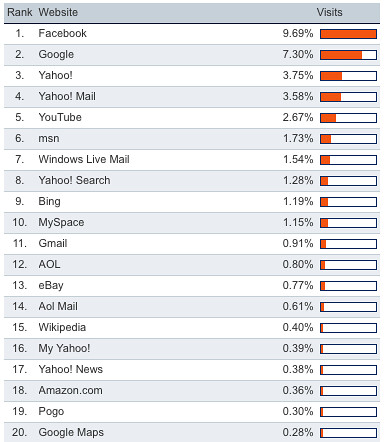
I’m just back from a few days mostly offline in the Point Reyes National Seashore area to walk along the beach and appreciate the beautiful views and nature. Taking an Internet or technology break is important, especially if you live a constantly connected lifestyle. (It isn’t easy at first) Above all it helps you examine your relationship with technology and find balance.
We’re all struggling with balance of technology and a purposeful life. We need to reflect inward and examine our motivations, patterns, and use of technology – understanding when we’re mindful and not. Then we need to integrate ways of finding the right balance. That balance is not a simple on and off switch – it is understanding how to integrate focused and receptive attentions into our online and offline lives.

There was spotty cell phone reception, so I got my news the old fashioned way – reading a newspaper! Ironically, one of the shorts I read was a piece about how people are now spending more time on Facebook than Google.

Even though I was “offline,” I couldn’t completely escape reminders of how social networks have become a part of our lives. Browsing the local cheese shop in town, there was an invitation to join their Fan Club on Facebook!
Once over the Golden Gate Bridge and connectedness restored I noticed this post from Melissa Ford over at BlogHer in my Facebook feed – “Is RSS Dead?” about Bloglines closing as of October 1st. Melissa admits that she clicks through on links from her friends on Facebook, Twitter, and elsewhere, but finds reading RSS her main way of keeping informed. She wonders if she is out of synch with others?
I also noticed this link shared by my business partner, Geoff Livingston about the implications of consumers spending more time on Facebook than Google. Geoff wrote a must-read follow up post talking about how communicators must not forget the importance of community building on social networks.
This left me some reflection questions:
- How do you balance a connected lifestyle with being purposeful? I’m particularly curious about those of us whose work involves spending a lot of time online.
- How do you resist the urge to treat your networks like “consumers” or engage solely in transactional interactions versus building relationships?
